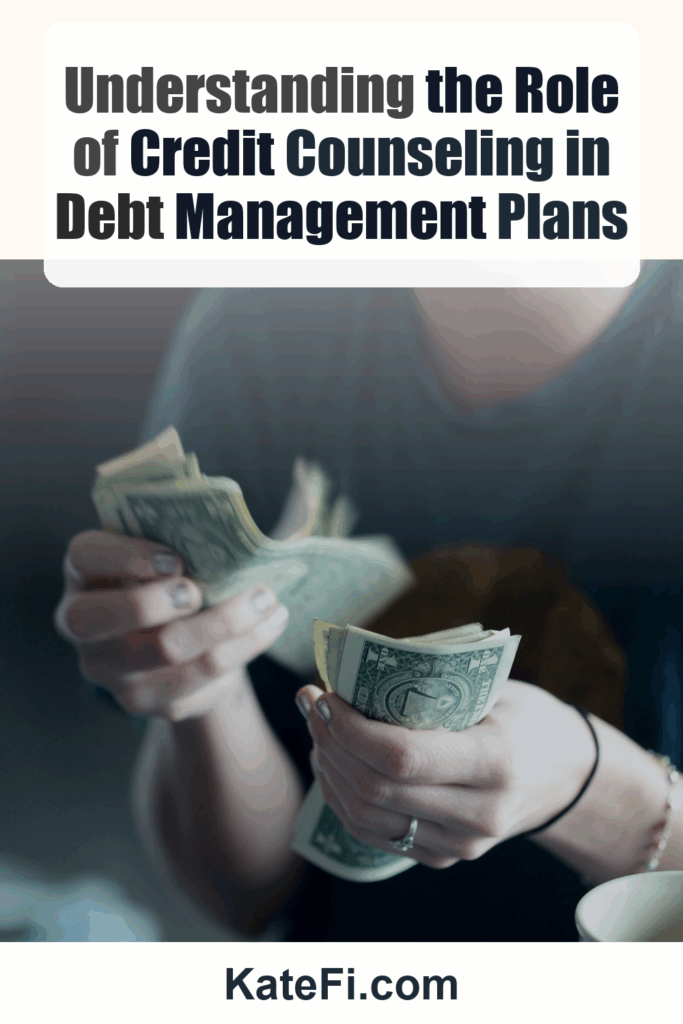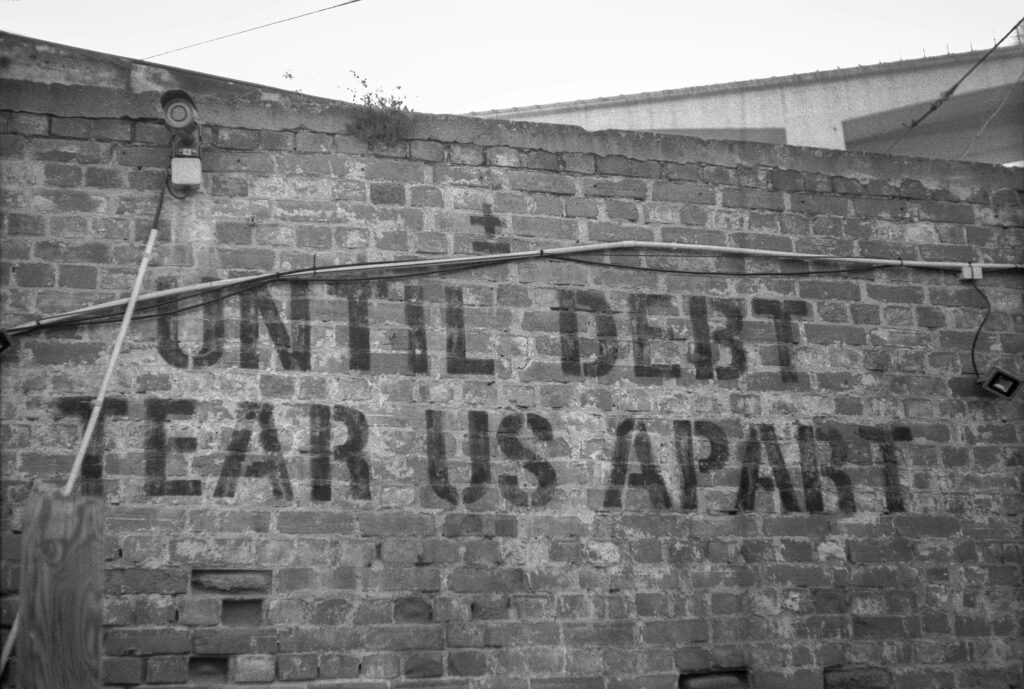The Most Common Mistakes to Avoid During Debt Settlement
Debt can feel like a relentless cycle—one that many Americans find themselves trapped in. Whether it’s medical bills, credit card debt, or student loans, the financial burden can become overwhelming. When faced with this reality, many individuals seek debt settlement as a way out. However, navigating this process can be tricky, and mistakes can lead to more harm than good. In this post, we’ll explore common pitfalls during debt settlement, illustrate them through a narrative case study, and offer actionable lessons learned to guide you through your own journey.
Love our content? Show your support by following us — pretty please!🥺
FOLLOW ON PINTEREST
Hi! I’m Kate, the face behind KateFi.com—a blog all about making life easier and more affordable.
Meet Rachel: A Cautionary Tale
Lower Your Unsecured Debt
If you have $5,000+ in credit card or personal loan debt, a free consult can review options like settlement or hardship plans.
- One-on-one call to review your debts and goals
- See potential monthly payment reductions
- No obligation to enroll
Not available in IL, KS, OR, TN, UT, WV.
Rachel, a 32-year-old graphic designer, found herself in deep financial trouble after unexpected medical expenses combined with high credit card bills spiraled out of control. With $30,000 in unsecured debt, she felt overwhelmed and anxious. After researching options, Rachel decided that debt settlement might be her best course of action. But unbeknownst to her, she was about to make several costly mistakes.
Mistake 1: Ignoring the Power of Interest Rates
One of Rachel’s first mistakes was ignoring how much interest was accumulating on her debt. When she initially fell behind on her payments, her credit card companies began slapping on late fees and increased her interest rates. Before she knew it, her total debt had grown by almost $5,000 due to these added costs.
Lesson Learned: Always stay informed about your debt’s interest rates and fees. When you are facing debt, it’s crucial to calculate how much you owe, factoring in interest and fees. This awareness will help you negotiate better during debt settlement discussions.
#### Action Checklist:
- Document Current Debts: List out your creditors, current balances, interest rates, and any fees incurred.
- Calculate Total Debt: Don’t just look at principal amounts; include interest and fees.
- Track Payment History: Keep records of missed payments and their effects on your balances.
✅ See If You Qualify for Debt Relief
Mistake 2: Failing to Get Professional Help
Rachel decided to take on her debt settlement negotiations alone. Although she had good intentions, she didn’t fully grasp the complexities of the negotiation process. In her eagerness to settle her debt quickly, she accepted the first settlement offer that came her way, which wasn’t the best deal she could have gotten.
Lesson Learned: Engaging a debt relief counselor can provide expertise that significantly improves your chances of negotiating favorable terms. Professionals understand industry standards and can help you craft a compelling case.
#### Questions to Ask a Counselor:
- What experience do you have with cases similar to mine?
- What settlement percentage should I aim for?
- What are the possible outcomes, and how can we prepare for them?
Mistake 3: Neglecting Credit Impact Awareness
Rachel didn’t consider how entering a debt settlement program would affect her credit score. Initially focused on becoming debt-free, she failed to grasp that settling debts for less than what is owed can lead to a significant drop in her credit score. This became a harsh reality when she tried to secure a loan for a new car.
Lesson Learned: Always review how debt settlement will impact your credit. While becoming debt-free is vital, understanding the trade-offs can help you make informed decisions about your financial future.
#### Credit Impact Summary:
| Aspect | Before Debt Settlement | During Debt Settlement | After Debt Settlement |
|---|---|---|---|
| Credit Score | Varies | Likely decreases | Rebuilding necessary |
| Missed Payments | Few or None | Possible | Likely to resolve |
| Access to Credit | Good/Moderate | Limited | Rebuild required |
✅ See If You Qualify for Debt Relief
Mistake 4: Not Gathering Essential Documents
Rachel also underestimated the importance of having the right documentation at hand. When she finally decided to seek help from a counselor, she struggled to provide crucial documents, including income statements and creditor communication logs. This delay in gathering paperwork only prolonged the settlement process.
Lesson Learned: Get your documents organized before entering any settlement discussions. The more prepared you are, the smoother the process will be, and you’ll likely receive a quicker resolution.
#### Documentation Checklist:
- Income statements (pay stubs, tax returns)
- Current debt statements from creditors
- Records of missed or late payments
- Correspondence with creditors
Mistake 5: Settling Too Quickly
Rachel’s rush to settle her debts led her to accept offers that didn’t reflect her financial reality. In her haste, she didn’t negotiate effectively. This resulted in higher payments than necessary, keeping her in debt longer than anticipated.
Lesson Learned: Patience is crucial in negotiations. Take your time, weigh your options, and don’t feel pressured to accept the first offer you receive. Remember, debt settlement is often a process that can take several months.
Wrapping Up Rachel’s Journey
After learning from her missteps, Rachel decided to reassess her approach. She sought help from a professional debt counselor, armed herself with essential documents, and gained a deeper understanding of her financial situation. By being more patient and informed, she successfully negotiated a more favorable settlement.
Rachel’s story serves as a valuable lesson in avoiding common mistakes during the debt settlement process. Here are some final takeaways to keep in mind:
- Be proactive in managing interest rates and fees.
- Consider professional help for better negotiation outcomes.
- Be mindful of how debt settlement will affect your credit score.
- Organize all necessary documents before beginning the process.
- Take your time during negotiations for better deals.
If you’re finding yourself in a similar situation, consider getting a free consultation to review your options. Knowledge and preparation can make all the difference in achieving a brighter financial future.
Important: This content is for education only—not legal, tax, or financial advice. Results and eligible programs vary by situation and state. Fees apply if you enroll and complete a program. Debt relief can affect credit; missed payments may lead to collections/lawsuits. Not available in IL, KS, OR, TN, UT, WV.
✅ See If You Qualify for Debt Relief
In the end, debt settlement can be a useful tool if navigated carefully. With a solid understanding of your financial landscape and the right resources, you can embark on your journey toward financial freedom with confidence.






















